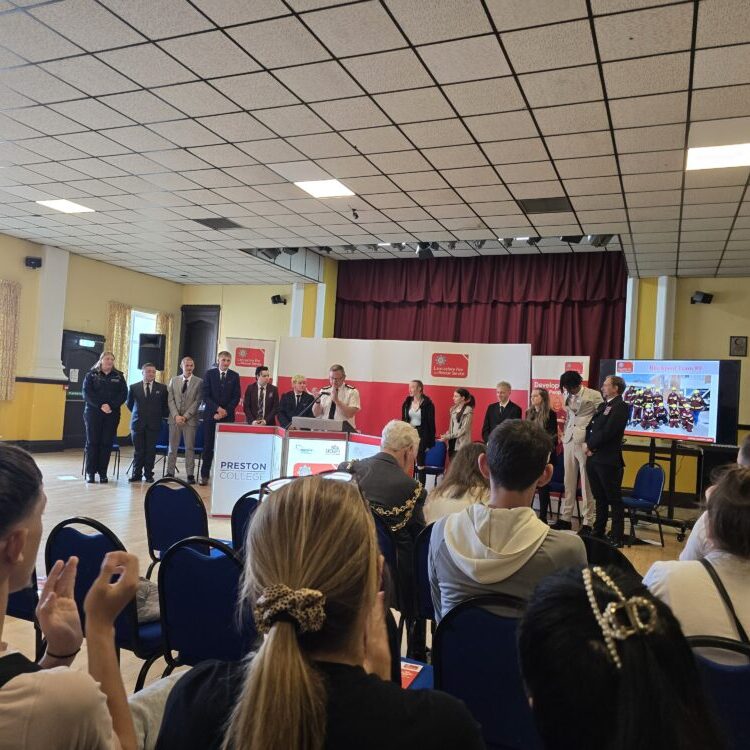Young Voices, the latest project by Wot Wud U Do Educational Services (WWUDES), sheds light on these obstacles and explores practical solutions. Funded by The Rank Foundation, this ambitious coproduction project aims to identify and bridge the gap between young people and the workforce, especially for those from disadvantaged backgrounds.
Youth Unemployment: The Persistent Challenge
In today’s competitive job market, young people face numerous challenges in securing stable and meaningful employment. Youth unemployment remains a critical issue, with many young people struggling due to a lack of experience, limited access to quality education, and the absence of a professional network. These challenges are particularly acute for those from disadvantaged backgrounds, making the transition from education to employment even more daunting.
Young Voices: Identifying Barriers to Employment
Working closely with young people from the Lancashire Fire and Rescue Prince’s Trust team in Blackpool, Young Voices identified the application and interview process as the most significant barrier to employment. Participants expressed feelings of fear and anxiety, stemming from a perceived lack of communication skills, motivation, and confidence—key competencies that traditional education often overlooks.
One of the most disheartening findings was the impact of the lack of feedback from employers. Many young people reported that being left in the dark about why they failed to secure a job or even pass the application stage negatively affected their self-worth. This lack of understanding often led to a downward spiral in mental health, as they began to internalize these failures, believing they were somehow the problem.
Insights and Recommendations from Young People
The young participants offered valuable insights into how these barriers could be addressed:
- The Need for Feedback and Guidance: Young people expressed a strong desire for constructive feedback after interviews. They felt that understanding their mistakes would enable them to learn, improve, and perform better in future interviews. Additionally, they highlighted the importance of receiving guidance on what to expect during interviews, which could alleviate some of their anxieties.
- Comfort vs. Formality in Interviews: The young people understood the importance of presenting themselves well to potential employers and recognized the need to step out of their comfort zones to grow. However, they also emphasized the value of keeping the interview process as informal as possible. They felt that being forced to wear formal attire, such as a suit, added unnecessary pressure and detracted from their ability to express their true personalities. They suggested that employers could foster a more authentic connection by being flexible with dress codes and focusing less on appearance and more on character and potential.
- Flexibility for Those with Additional Needs: The project highlighted the need to ease certain young people, particularly those from low-income families or those with diagnosed or undiagnosed learning disabilities, into the work environment. Flexibility in approaches, appearances, and attitudes was seen as crucial to helping these individuals succeed.
